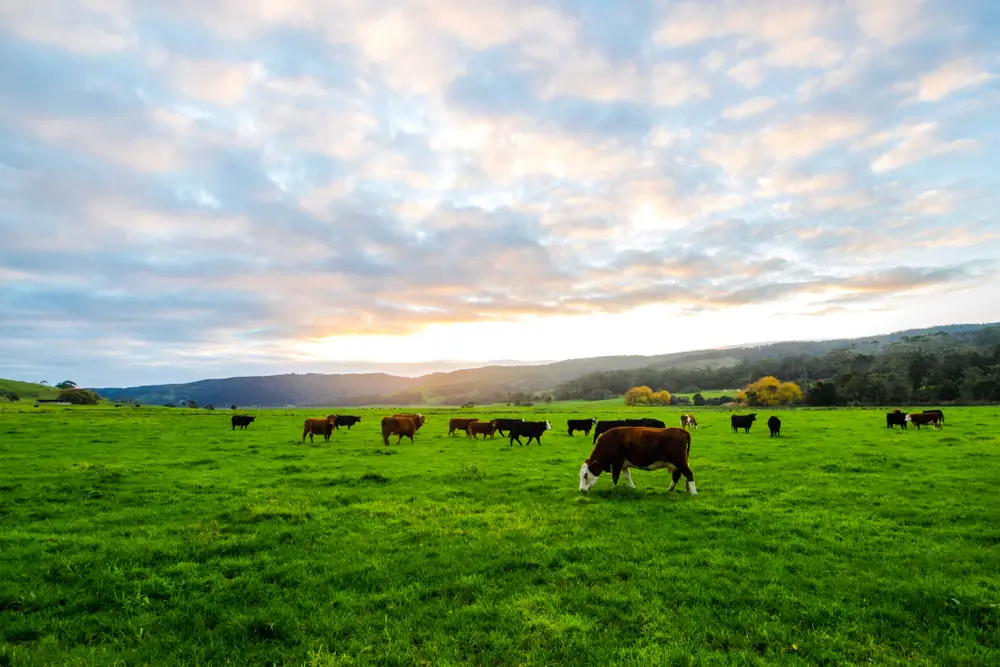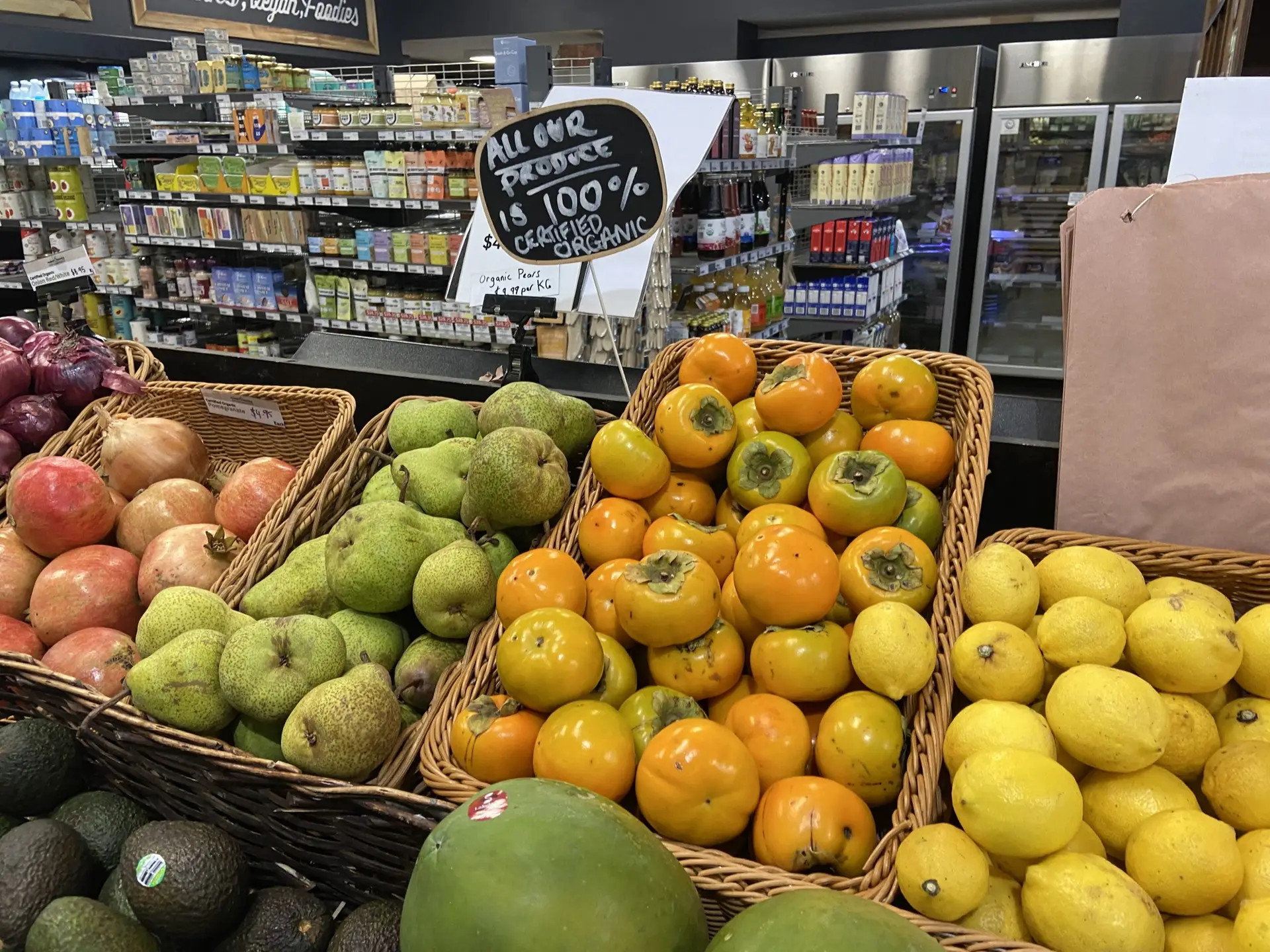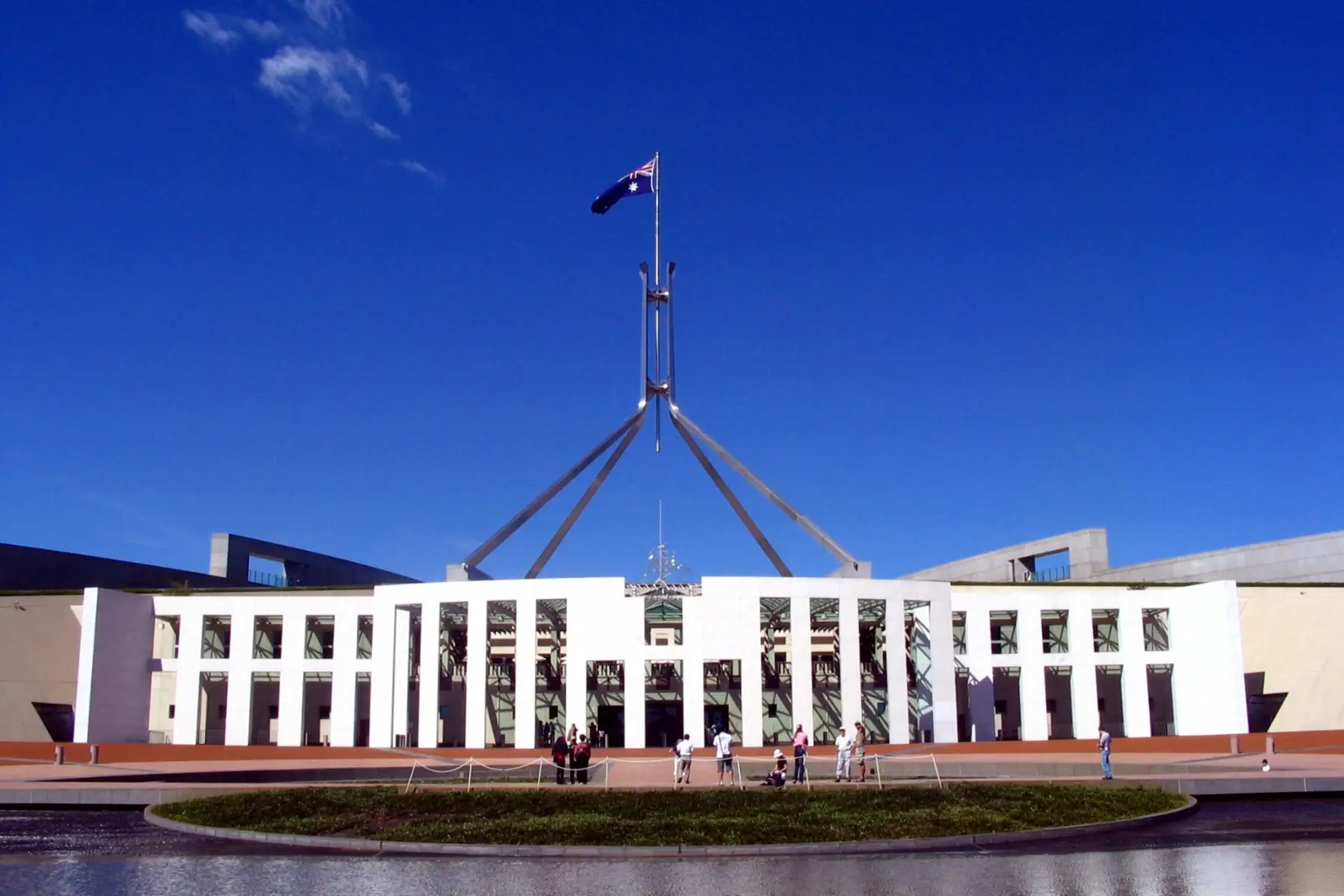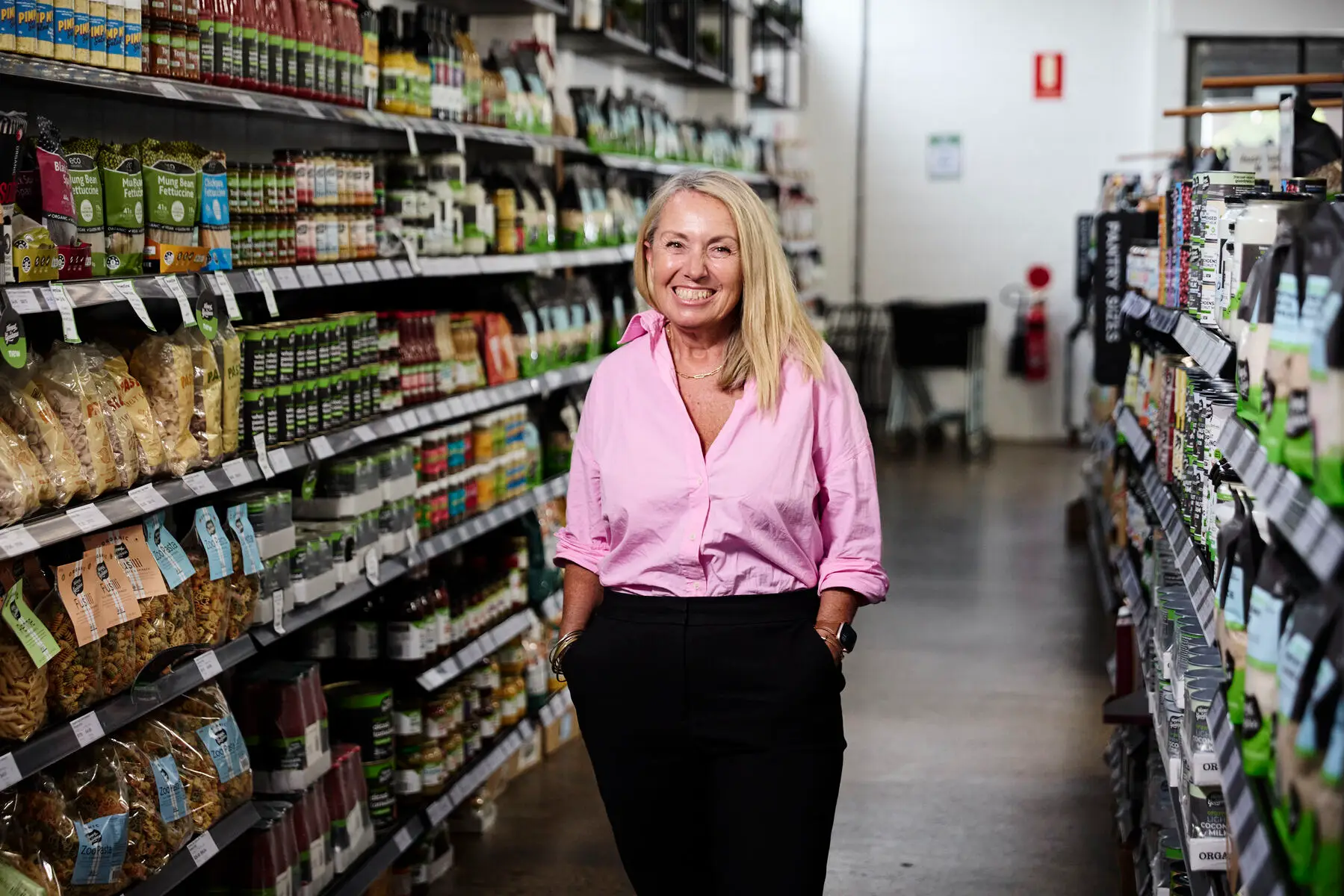The topic of mandatory domestic regulation for organics was raised in a Senate Estimates hearing on 14 February, where questions were put to the Department of Agriculture, Fisheries and Forestry and its Minister Murray Watt.
One of many requests from this hearing was for a long overdue final report to be released to members of the Organics Industry Advisory Group (OIAG), following a consultation RIS process which was completed in early 2022. The federal Department of Agriculture shared this report by PricewaterhouseCoopers to the OIAG yesterday on 6 March. AOL is currently reviewing this report, and will provide an update in the coming days.
As to the questions raised during Senate Estimates, AOL believes that several statements made by the Department in response to these questions were lacking context, and do not tally with the reality facing operators throughout the organic industry.
In an effort to clarify these perceptions, AOL sent a document to the Minister and Secretary of Department on Friday March 3, specifically addressing four of the Department’s statements. The points made by AOL have been briefly summarised below.
DEPT. STATEMENT 1 (Related to equivalence arrangements with a number of markets)
“We have equivalence for organic exports with the European Union, the United Kingdom, Switzerland, Japan and Taiwan.”
AOL RESPONSE: It must be acknowledged that equivalency agreements do exist with the EU and these listed countries. However, the Department’s answer failed to detail that there are limitations across these equivalencies due to the standards in question not having scope for products covered.
This is best exemplified by the status of wine; of the countries we have equivalency with, the only one Australian organic wine operators can export to under current arrangements is Taiwan. Access to other markets requires the operator to seek additional organic certification(s), a significant additional cost that restricts export opportunities.
Stating that equivalencies exist but failing to highlight the limitations in practical terms does not accurately convey the market access issues presently faced by organic operators.
DEPT. STATEMENT 2 (Related to conformity arrangements)
“There are a number of conformity arrangements … those in place with the European Union, the United States, the Republic of Korea, Japan, China and Canada. Exports continue to flow to these markets … we have access to a number of markets already at the equivalence level, and exporters are able to take advantage of those various systems under the export standard.”
AOL RESPONSE: The Department is correct in highlighting the existence of conformity arrangements as described, but their answer does not acknowledge the associated costs for organic operators looking to export.
The conformity assessment arrangements process is between an individual certifying organisation and the relevant overseas government entity. Management of such arrangements comes at a significant cost to the certifying organisation and causes confusion among organic operators wishing to export. These agreements still require additional certification cost to be incurred by the producer wishing to export. Given the significant outlay required, it is reasonable to state that smaller operators hoping to access new export markets under conformity arrangements may find these market access costs to be prohibitive.
DEPT. STATEMENT 3 (Related to standards and regulations in the domestic market)
“Australia has an export standard for organic products. We have a standard for organic products. We have a standard that we use for exports. In lots of instances, domestic products are certified against that export standard, but we are not a regulator in the domestic market. There are requirements around consumer laws, consumer fairness, that are available in that regard.”
AOL RESPONSE: These statements fail to acknowledge that Australia is currently one of the few countries in the world that has regulation of organic for export only. This is a notable hindrance to growth of our industry as countries such as the United States and the Republic of Korea will not enter into negotiations for equivalency without a domestic regulatory framework for Australian organics. This means that operators will still be forced to utilise different certifiers depending on the conformity arrangement.
The Department asserts that there are consumer law requirements within Australia for products that are stated to be ‘organic’. This is true, but in real terms it is extremely difficult to prove that an unscrupulous operator is making false claims about organic status. A product may be represented as ‘organic’, however a look at the ingredient list will show that only select ingredients are organic, or that the product is otherwise ineligible for the labelling term ‘organic’ under the National Standard for Organic and Bio-Dynamic Produce. The current inconsistency in organic labelling in Australia is attributable to our lack of a domestic regulatory framework.
The Department is correct in saying they are not a regulator in the domestic market. Mandatory export requirements protect ‘Brand Australia’ in international terms; it is only fair that Australian organic producers and consumers are afforded the same level of confidence in the domestic market.
DEPT. STATEMENT 4 (Related to differences of opinion among organic operators)
“Understanding of consultations and the engagement we’ve had is that there are differences of opinion amongst organic producers. There are some who are supportive of regulation, while others are concerned about the potential cost of complying.”
AOL RESPONSE: AOL has no doubt there were some operators who expressed concern about domestic regulation during the Consultation RIS process conducted in late 2021 and early 2022.
However, the statement provided by the Department suggests there is ongoing debate on this issue. This contradicts the last email correspondence sent by the Department to the Organic Industry Advisory Group (OIAG) in April 2022 which noted that the majority of responses:
“reinforce feedback to date, including a preference for regulation, some dissatisfaction with the current system, and that generally, a new regulatory framework is the preferred implementation option.”
This email correspondence also highlighted that key themes continue to be:
· A perceived lack of consumer knowledge and confidence around what ‘organic’ means, and how the sector is regulated.
· An industry perception that some operators are engaging in false and misleading organic claims, undermining the sector’s integrity; and
· Concern from some exporters that Australia’s lack of domestic regulation is limiting market access (and impacting Australia’s ability to negotiate equivalency agreements with other international markets.)
If there was a cogent case against the introduction of regulation, the Department could have highlighted concerns multiple times over the last 12 months. However, it has failed to do so, nor has it provided any feedback to the OIAG concerning the final report on the consultation Regulatory Impact Statement (RIS).
AOL would like to reiterate a commitment to working with the Government and Department to progress a much-needed domestic regulatory framework for Australia, but more work needs to be done with regard to the challenges faced by the organic industry and the understanding of said challenges by the Department.






